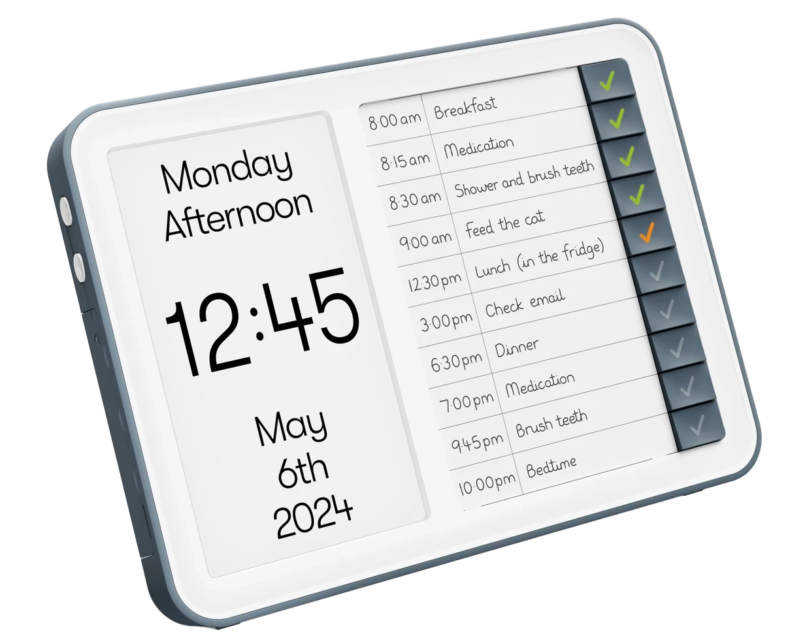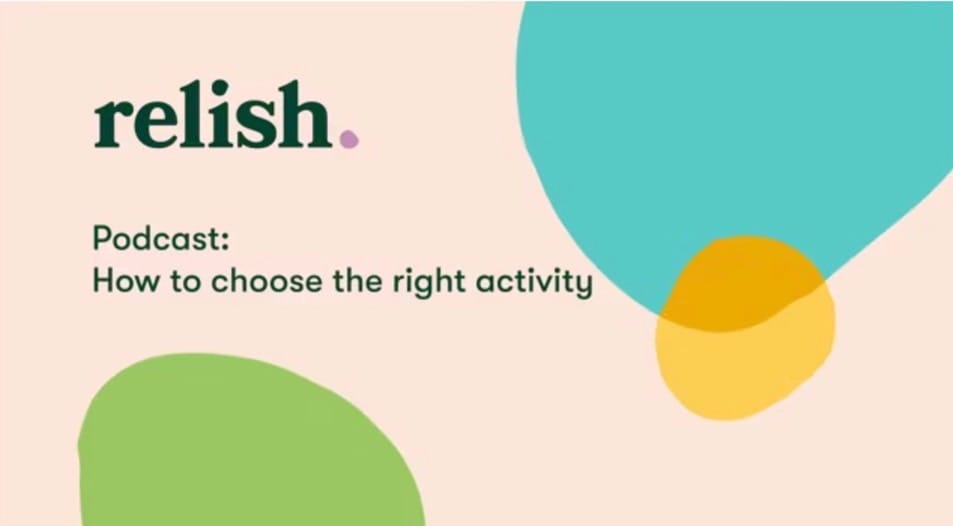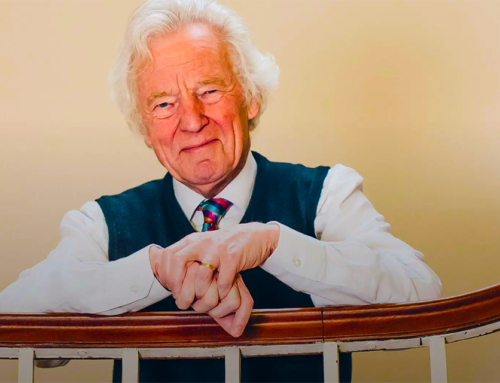Learning Resources
Understanding Dementia
It’s a myth that only elderly people get dementia.
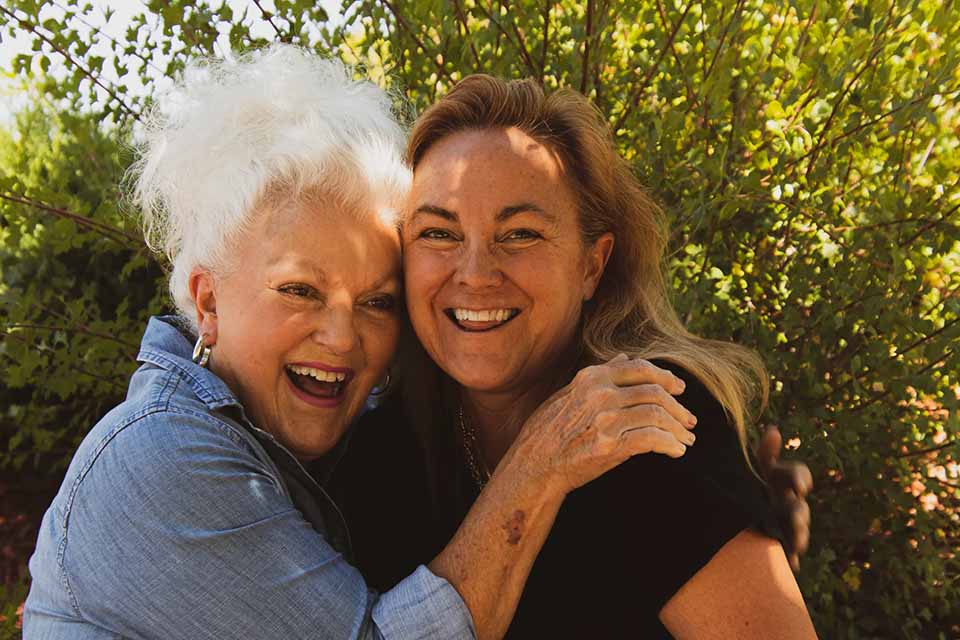
A Guide to Dementia
Testing for Dementia
Testing for conditions like dementia can present ethical, cultural, and other dilemmas, not least, how will you react to being in a high-risk category?
I am definitely in the ‘want to know’ camp. As dementia is something that I can do something about in terms of reducing the risk, I would want to know early if I was at high risk. Perhaps if I were older, and potentially not in a position to effect the outcome as much, I might not feel that way.
For me, reducing the worry of getting dementia outweighs the potential worries of knowing I might be at high risk of developing it.
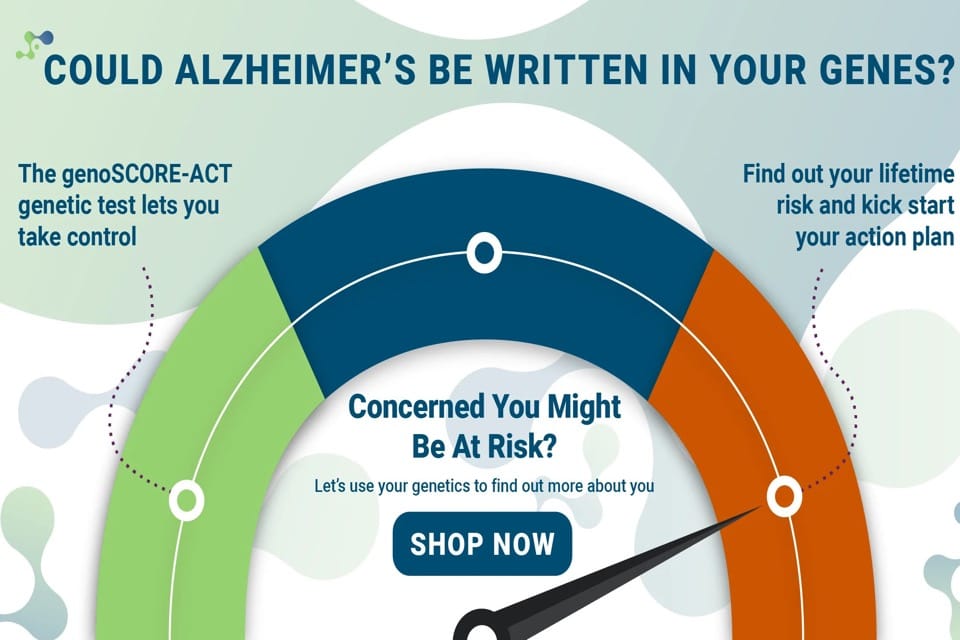
GenoScore – Dementia Testing
GenoScore – Dementia Testing
State-of-the-art science, developed in the UK, for accurate and comprehensive genetic risk evaluation for Alzheimer’s disease.
A non-invasive test which assesses the risk of Alzheimer’s disease. The test analyses over 100,000 genetic variations in your DNA that are associated with, or protective against, Alzheimer’s disease. NOTE: This test is only effective for people of white European descent.
Currently they have a 50% discount.
Steps that can be taken to reduce the risk of dementia include:
There are currently no treatments that can reverse the effects of dementia. However, there are treatments that can help to manage the symptoms. These include drugs such as AchE inhibitors, which can help nerve cells in the brain to communicate with one another. Non-medicinal treatments can also help to manage symptoms. These includes cognitive stimulation therapy to aid memory, and cognitive rehabilitation to keep all parts of the brain active.

Relish Radio
Relish Radio
Blending a retro-nostalgic aesthetic with a contemporary modern finish, this radio is a family favourite. Every detail represents research and refinement. From the clear colour contrast that provides greater visibility and ease of use for visual impairment, to unique button tones that help people identify features based on sound, Relish Radio minimizes confusion and maximizes independence.

